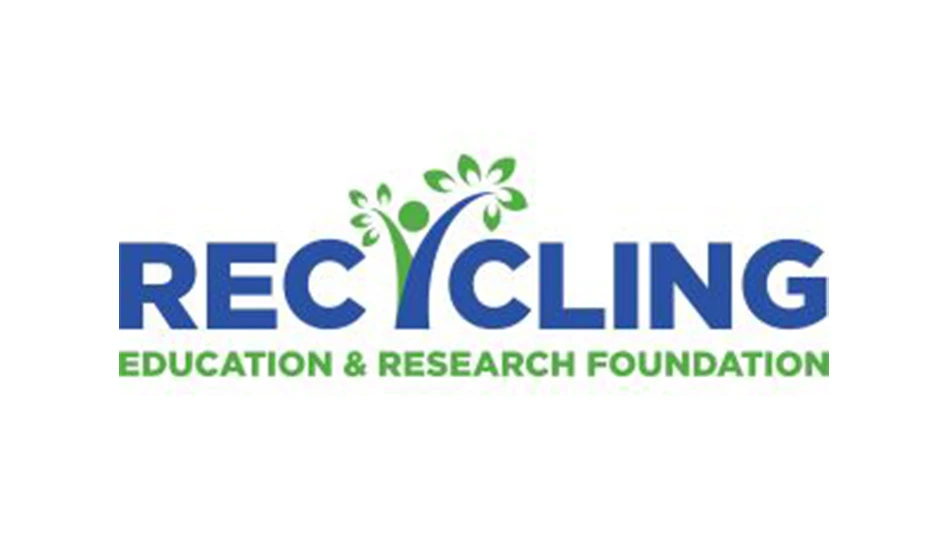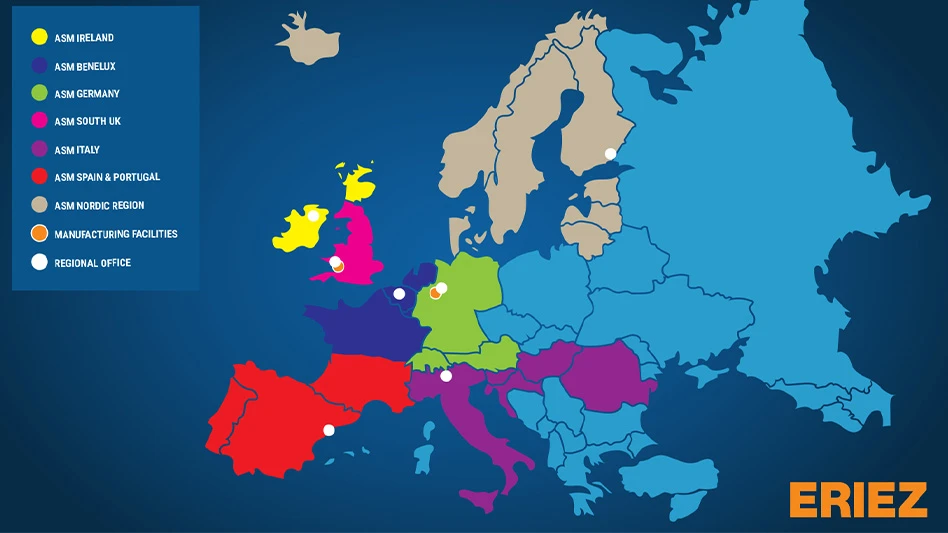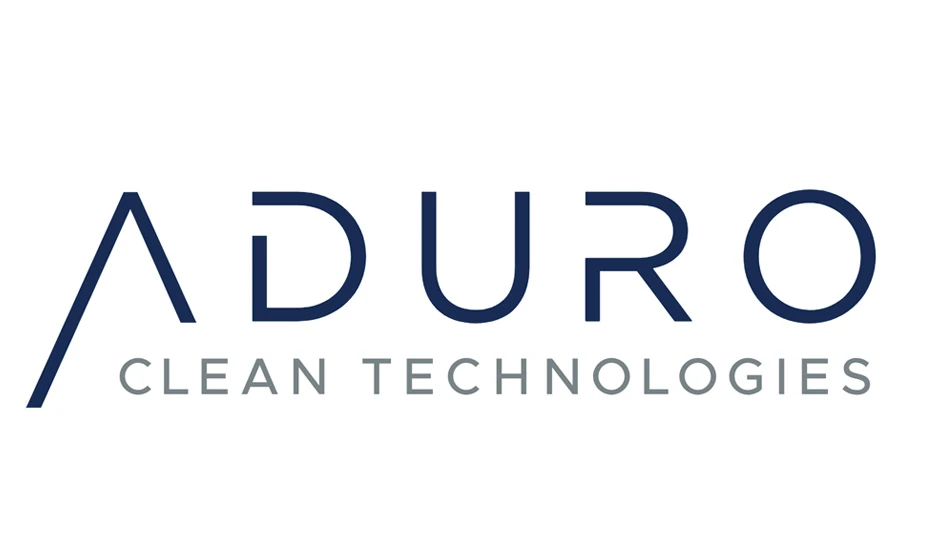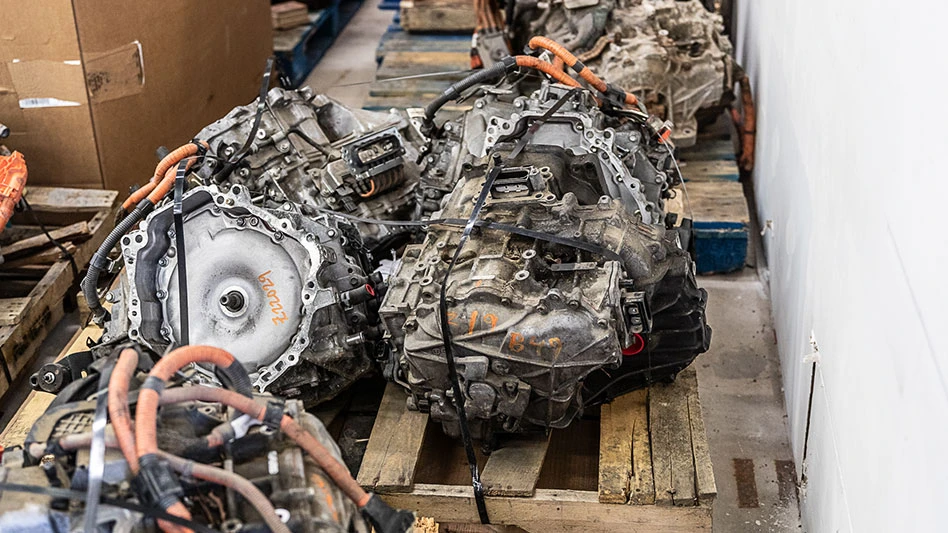
Two global international plastics recycling organizations have developed what they call a global definition intended to govern the use of the term “recyclable” as is relates to plastics packaging and products. The definition is part of an effort to provide a consistent metric to guide plastics sustainability measures in the circular economy.
Ton Emans, president of Brussels-based Plastics Recyclers Europe (PRE), and Steve Alexander, president and CEO of the Association of Plastic Recyclers (APR), Washington, point to the onslaught of recent announcements around commitments on package sustainability and recyclability.
“Recently, we have seen many announcements regarding legislative measures on plastics products and pledges of the industry actors committing to making their products recyclable,” Emans says. “As recyclers, we are a fundamental part of the solution to the issue of sustainability of plastics, and we need for the appropriate audiences to understand what is necessary to label a product or package ‘recyclable’. We welcome these commitments and encourage others to follow. Nevertheless, clear and universally endorsed definitions and objectives are needed.”
“The use of the term ‘recyclable’ is consistently used with packages and products without a defined reference point,” Alexander says. “At the end of the day, recyclability goes beyond just being technically recyclable; there must be consumer access to a recycling program, a recycler must be able to process the material and there must be an end market.”
According to the organizations’ definition, plastic products must meet four conditions for it to be considered recyclable:
- The product must be made with a plastic that is collected for recycling, has market value and/or is supported by a legislatively mandated program.
- The product must be sorted and aggregated into defined streams for recycling processes.
- The product can be processed and reclaimed/recycled with commercial recycling processes.
- The recycled plastic becomes a raw material that is used in the production of new products.
Innovative materials must demonstrate that they can be collected and sorted in sufficient quantities and must be compatible with existing industrial recycling processes or be available in sufficient quantities to justify operating new recycling processes, APR and PRE say.
Although the definition is to be applied on a global scale, both groups say they understand the complexity of a global system of plastics recycling and welcome comments from the plastics recycling industry and relevant stakeholders.
PETCORE Europe, Brussels, supports the definition, the groups say.
Latest from Recycling Today
- CDRA Conference & Tradeshow 2026: Addressing battery fire risks
- Darda equipment now available in North America
- Struktol's ZB 47 and ZB 49 improve processability in rubber compounds
- Volatility wave hits copper pricing
- ArcelorMittal legal battle with Italy continues
- Altor program boosts EPS recycling
- IP to spin off non-North American operations
- Flexible Film Recycling Alliance report outlines progress





